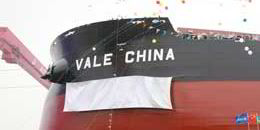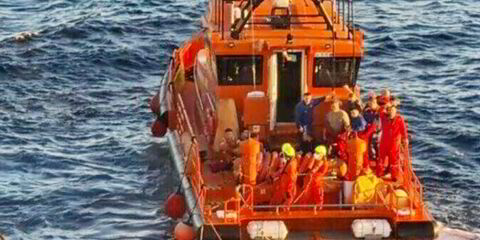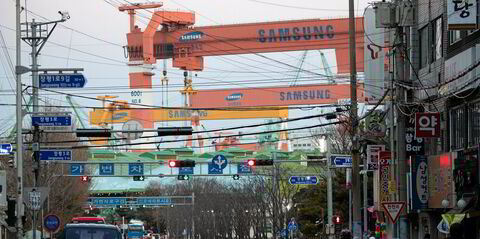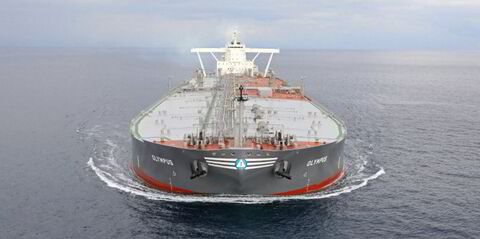China has officially nailed up a no entry sign at its ports closing them off to Vale’s VLOCs.
Beijing claims the move comes amid safety concerns linked to the giant vessels, but there is widespread belief the government is protecting its own shipowners and charterers.

“We are not optimistic about the safety situation of port operations for large ships, particularly the berthing operations of super large ships whose sizes are larger than design standards permit,” said the Ministry of Transport.
“Considering the sizeable hidden dangers, we have decided to adjust the port management system for the berthing of large ships.”
Its fresh stance comes only a few weeks after a VLOC owned by STX Pan Ocean sprang a leak while loading in Brazil.
Jeffrey Landsberg of Commadore Research said: "While today's announcement was issued by China's Ministry of Transport on the pretense of adhering to safety concerns, in reality the move is being made to aid Chinese shipowners and maintain leverage over Vale.
“Going forward, we continue to view the use of iron ore transshipment hubs as a positive factor as it will result in a larger amount of vessels being used to ship the same cargoes of iron ore.”
China has been under pressure from domestic owners who feared they were excluded from the VLOC project and were suffering as the vessels were stifling earnings in the sector.
George Lazardis of Intermodal told Reuters: "At the end of the day, they (China) want to support their own.
“They are not interested in whether Vale will be able to provide cheap imports in comparison to Australian imports.
"They are interested in giving support to their shipowners, which are starting to become a significant force over the past couple of years, and to help that part of the industry grow."
Macquarie commodity analyst Graeme Train told the newswire: "China is so dependent on imported raw materials that it has a structural incentive to destroy freight prices as much as possible.
"And Vale's strategy with the VLOCs was a direct threat to that because Vale would ... take the lower freight cost themselves, when really what China wants to do is to ensure that there's oversupply in the freight market and to take advantage of that for itself."
Vale will now turn its attention to a transshipment hub in the Philippines to make sure it has work for the bulkers, many of which are still under construction.


